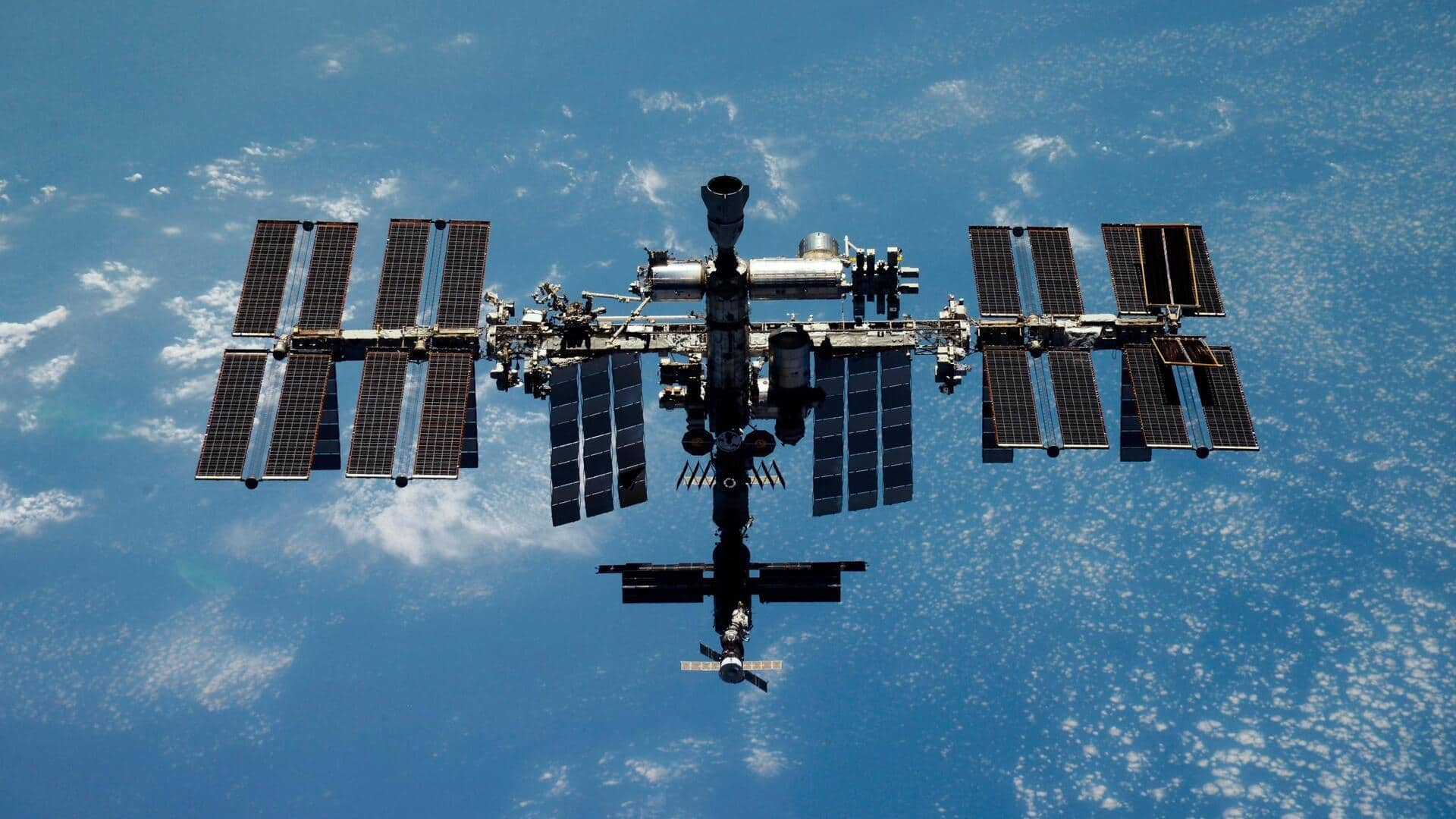
India's L&T eyes role in building NASA's next space station
What's the story
Larsen & Toubro (L&T), India's leading engineering firm, is exploring opportunities in the global space market. The company has expressed interest in contributing to the supply chain for NASA's successor to the International Space Station (ISS). This development comes after L&T's discussions with Blue Origin, Jeff Bezos's aerospace manufacturer and sub-orbital spaceflight services company, encountered some challenges.
Strategic talks
Ongoing discussions with NASA
Vikas Khita, Vice President of L&T Precision Engineering and Systems, revealed that remnants of their discussions with Blue Origin are still ongoing, but now involve NASA. He expressed optimism about Indian firms playing a role in the supply chain for America's next space station. Khita shared these insights during an industry meet organized by Geospatial World.
Expansion goals
Ambitious plans for space infrastructure
Khita further stated that L&T is keen on constructing space ports, parks, and manufacturing clusters. This interest aligns with the expected growth in these areas due to the Indian government's decision to open up the space sector for private participation in 2020. The company anticipates a fivefold increase in turnover by 2033 from the space economy, with significant contributions from both upstream and downstream sectors.
Space contributions
Role in ISRO's missions
L&T has been a key player in ISRO's space missions for over five decades, manufacturing hardware for projects including the Gaganyaan, Chandrayaan, and Mars Orbiter missions. A consortium of Hindustan Aeronautics Limited (HAL) and L&T is currently producing five Polar Satellite Launch Vehicles (PSLVs), marking the industry's first venture into building rockets for ISRO. Additionally, L&T has shown interest in the Small Satellite Launch Vehicle (SSLV) as ISRO prepares to transfer this new rocket technology to private industry.
Market forecast
India's projected role in the global space economy
India is poised to capture about 8% of the global market by 2033, with its space economy expected to grow from its current value of nearly $8.4 billion to $44 billion by 2033. The global space industry is projected to be worth $1.8 trillion by 2035. These projections underscore the potential for significant growth and opportunities in the sector.